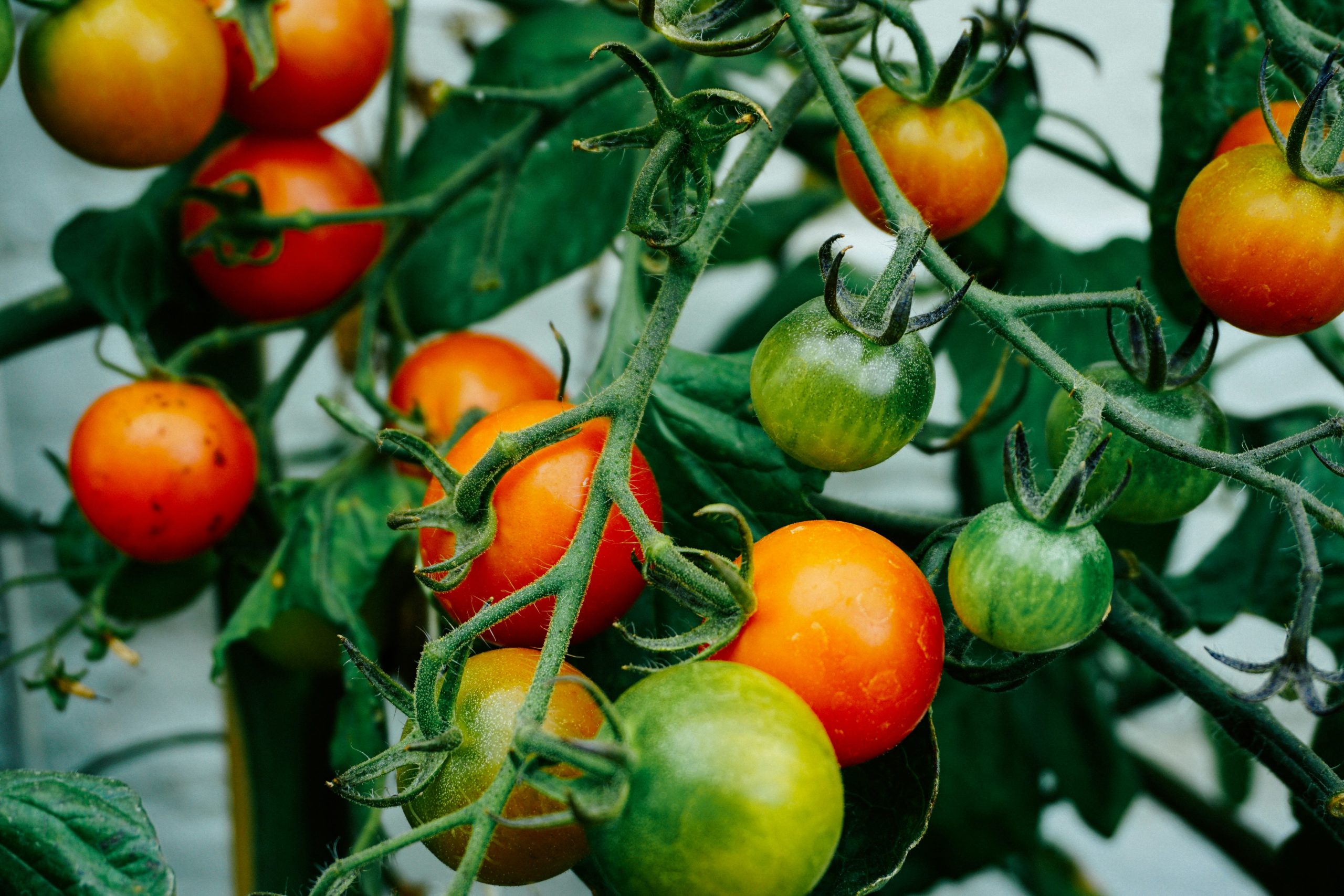Growing your own selection of fruit and vegetables? Seeing your plants flourish and reaping the rewards can be incredibly fulfilling, but you’ll need to ensure your plants are happy and healthy. This demands careful thought and planning. Here are three top tips to help your garden thrive.
Optimise site and soil conditions
Finding the right site and preparing the soil is fundamental to a healthy vegetable garden. Most plants need plenty of sunlight to grow well, so it’s important to select a location that receives at least six hours of direct sunlight daily. Avoid low-lying areas where water can accumulate – poor drainage can lead to the dreaded root rot and other issues.
The quality of your soil is equally critical. Most crops prefer well-drained, loamy soil rich in organic matter. Before planting, test your soil’s pH using a soil testing kit. A slightly acidic to neutral pH (6.0–7.0) is ideal for most plants.
If your soil is too acidic, add lime to help raise the pH. If it’s too alkaline, add organic matter such as compost or well-rotted manure to help lower it. Organic matter can also improve soil texture, introduce beneficial microorganisms and nutrients, and help with moisture retention.
Plan crop layout and choice
Each plant needs to be in the right place to flourish and planted at the right time. Start by considering your climate and the growing season you’re targeting.
Some plants, like tomatoes and peppers, thrive in warmer conditions, while others, such as broccoli and spinach, can thrive in cooler spring, autumn and even winter temperatures. Staggering planting times based on these schedules can help you maximise your yields throughout the year.
When planning your layout, remember to take advantage of companion planting. Certain plants grow better together, as they can deter pests or provide valuable shade. For example, planting marigolds alongside your vegetables can help ward off aphids and other pests, while taller plants like corn can provide a natural trellis for climbing plants like beans.
Ongoing care and maintenance
Once your crops are in the ground, consistent care is essential. Regular watering is key for most plants – aim for deep, infrequent watering rather than shallow, daily sprinkles. Most vegetable plants need about 2.5cm (1 inch) of water per week, but this can vary depending on the weather and plant type.
Keep an eye on pests and diseases, and treat issues promptly to prevent them from spreading. Organic treatments, like homemade garlic sprays, can often be effective without harming beneficial insects. Preventative measures such as setting up a polytunnel can also help to reduce the damage caused by pests.
Mulching around your plants will help retain moisture, reduce weeds and improve soil fertility as it breaks down. Compost, wood choppings, manure and bark make some of the best materials.






